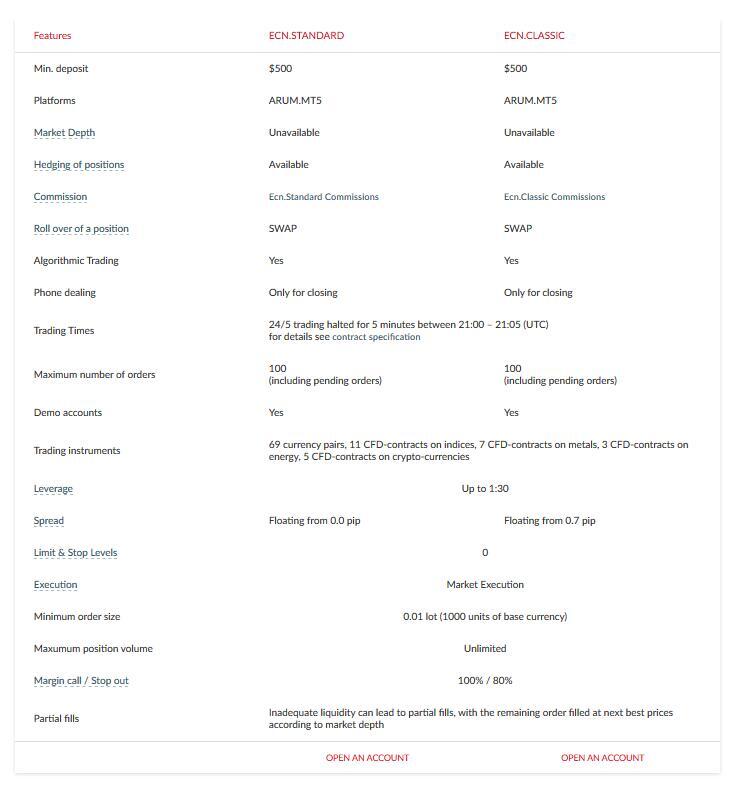
When you buy insurance, you purchase protection against unexpected financial losses. The insurance company pays you or someone you choose if something bad occurs. If you have no insurance and an accident happens, you may be responsible for all related costs. A life insurance policy guarantees that the insurer pays a sum of money to your beneficiaries (such as a spouse or children) if you die.
- However, businesses must account for their risks and cash position before making this decision as capitalizing insurance costs may result in significant cash outflows that may not be suitable for all businesses.
- To record insurance expense, a bookkeeper debits the insurance expense account and credits the insurance payable account.
- Insurance costs may raise eyebrows since they are significant expenses in any business.
- However, the risks of capitalizing insurance costs such as overstatement of assets and increased scrutiny from auditors should also be considered.
- Life insurance companies, whose liabilities are longer term commitments, have a greater portion of their investments in residential and commercial mortgages.
After all, you’re paying out money for something that doesn’t provide any benefit. But sometimes, insurance can be an asset—a way to save you money and help you avoid costly mistakes the differences in wages payable & wages expense down the line. It is a non-cash expense, meaning it is not a part of the company’s net income and therefore does not need to be reconciled with the company’s cash flow.
Supercharge your skills with Premium Templates
This follows the earlier decisions by Allstate
ALL
and State Farm this year to refuse insurance coverage for certain at-risk assets in states like California. In conclusion, while expensing insurance costs may be suitable for short-term contracts, capitalizing insurance costs is the more appropriate treatment for insurance expenses in long-term contracts. However, businesses must account for their risks and cash position before making this decision as capitalizing insurance costs may result in significant cash outflows that may not be suitable for all businesses.

Insurance expense is the cost incurred to provide insurance coverage. It includes premiums paid, administrative expenses, and any additional amounts an entity has agreed to pay in the event of a contingent loss. Depending on the type of life insurance policy and how it is used, permanent or variable life insurance could be considered a financial asset because it can build cash value or be converted into cash. Simply put, most permanent life insurance policies have the ability to build cash value over time. Additional expenses that a company might prepay for include interest and taxes. Interest paid in advance may arise as a company makes a payment ahead of the due date.
The Prepaid Insurance
Insurance expense is classified as a liability, non-cash, and non-operating. In 2013 she transformed her most recent venture, a farmers market concession and catering company, into a worker-owned cooperative. She does one-on-one mentoring and consulting focused on entrepreneurship and practical business skills. As a result of an external event, a company may struggle to fulfil its legal or contractual obligations and may incur penalties that give rise to a provision. Insurance proceeds may reimburse some or all of the expenditure necessary to settle the provision.
- Besides risk mitigation, insurance can also benefit businesses in a multitude of ways.
- Before we start, some of you might be asking why you’d care about insurance expenses as an asset.
- If the retailer has incurred some insurance expense but has not yet paid the premiums, the retailer should debit Insurance Expense and credit Insurance Premiums Payable.
- However, most companies can deduct such expenses on their income tax forms in order to get a tax break.
- Most consumers find shopping around to be the best way to find the cheapest insurance premiums.
However, different insurers may charge different premiums for similar policies. The 12-month rule allows taxpayers to deduct prepaid expenses in the current year if the asset does not go beyond 12 months from the date of the payment or the end of the tax year following the year in which the payment was made. When an insurance cost is incurred or used but not paid is recorded as a liability in the balance sheet.
Property/Liability/Casualty Insurance
This is because you pay for it once for a specific period, depending on the agreement with the insurer. During such times, you will not have to pay for anything to have it, as it is rightfully yours. When you close the business or decide to cancel the policy, you can get some money back. A. Definition of Insurance Expense
Insurance expense refers to the costs that businesses incur in purchasing insurance to cover various risks that they may encounter in their operations. Insurance costs come in different forms, such as premiums, deductibles, and co-pays. These costs may differ significantly depending on various factors, including the size of the business, nature of operations, and level of risk.
What financial checks must you consider as you turn 40 years old? – MintGenie
What financial checks must you consider as you turn 40 years old?.
Posted: Mon, 04 Sep 2023 10:37:33 GMT [source]
Special accounting standards also evolved for industries with a fiduciary responsibility to the public such as banks and insurance companies. To protect insurance company policyholders, state insurance regulators began to monitor insurance company solvency. As they did, a special insurance accounting standards, known as statutory accounting principles and practices, or SAP, developed. The term statutory accounting denotes the fact that SAP embodies practices prescribed or permitted by state law.
Liabilities and reserves
Now we don’t have to explain that the commission that they make is actually deducted out of your investment and it could be as high as 70% of your premium. It is said that Rama, Krishna, Bhishma, and Buddha, knew the time when they would leave this world. To put simply, each of them come to live with their disciples with a mission or set of responsibility to fulfill. Does any one of us know when something will go wrong with us and whether that time our responsibilities to fulfill? Does any one of us know when something will go wrong with us and whether that time our responsibilities would be over or not? Our life is full of uncertainties with a lot of goals, short-term goals, long term goals, known goals – unknown goals.

When it comes to insurance being a liability, the concern goes to how relevant the policy is. If you are covering a risk which you hardly experience, you will end up paying for premiums but not utilizing them in any way. This is why doing a proper analysis of the policies is necessary before making a decision. We all keep taking insurance covers, renewing them and even looking for new insurers at some point. The bottom line is, we find insurance solutions worth investing in. The question is, how many take time to ask themselves whether an insurance service is an asset, expense, or liability?
Auto Insurance
Most consumers find shopping around to be the best way to find the cheapest insurance premiums. You may choose to shop around on https://online-accounting.net/ your own with individual insurance companies. And if you are looking for quotes, it’s fairly easy to do this by yourself online.
Cantaloupe, Inc. Reports Fourth Quarter and Fiscal Year 2023 … – StreetInsider.com
Cantaloupe, Inc. Reports Fourth Quarter and Fiscal Year 2023 ….
Posted: Wed, 06 Sep 2023 20:08:29 GMT [source]
Nonetheless, ensuring that a business has a clear strategy to manage the threat of climate change to its assets and overall productivity is about as financially prudent as you can get. About the same time, the European Union (EU) started work on Solvency II, a framework directive aimed at streamlining and strengthening solvency requirements across the EU in an effort to create a single market for insurance. Ideally, a set of universal accounting principles would facilitate global capital flows and lower the cost of raising capital. Some 100 countries now require or allow the international standards that the IASB has developed.






